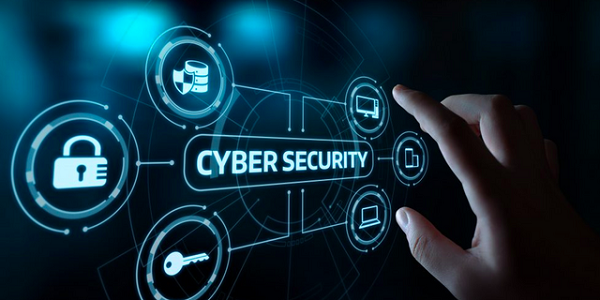In the evolving landscape of deregulated electricity markets within developing economies, the criticality of cybersecurity has surged to the forefront.
This article delves into the indispensable role of cybersecurity in safeguarding power systems from emerging threats and vulnerabilities. By examining the unique challenges posed by deregulated markets and the implications for developing economies, this paper underscores the imperative of cybersecurity to ensure the resilience, reliability, and uninterrupted operation of power systems. References to empirical studies and industry reports substantiate the significance of cybersecurity in this dynamic context.
As deregulated electricity markets reshape the energy landscape of developing economies, the integration of digital technologies and interconnected systems introduces both opportunities and vulnerabilities. Amidst these shifts, ensuring the cybersecurity of power systems has become paramount.
This paper investigates the pivotal role of cybersecurity in sustaining the reliability and security of power systems within deregulated electricity markets of developing economies.
Cybersecurity challenges in deregulated markets
Deregulated electricity markets are characterized by intricate interactions among multiple stakeholders, including power producers, consumers, and grid operators. These interactions transpire through digital platforms, making power systems susceptible to cyber threats such as hacking, data breaches, and system disruptions. The dynamic nature of these markets amplifies the potential consequences of a cyber-attack, necessitating robust cybersecurity measures.
Ensuring reliability and resilience
The reliability of power systems is fundamental to maintaining essential services, economic activities, and public welfare. Cyberattacks targeting power infrastructure can lead to disruptions in energy supply, causing substantial economic losses and social upheaval. By fortifying cybersecurity measures, developing economies can enhance the resilience of power systems against external threats. Redundancy, threat detection, and rapid response mechanisms become critical components in minimizing the impact of cyber incidents.
Protecting consumer data and privacy
Deregulated markets involve the exchange of vast amounts of data, including consumer usage patterns and billing information. Ensuring the privacy and security of this data is imperative to maintaining consumer trust in the electricity sector. Robust cybersecurity measures not only protect sensitive information but also support the establishment of consumer-centric services and demand-side management initiatives.
Industry collaboration and regulatory oversight
The multifaceted nature of cybersecurity requires collaborative efforts among industry stakeholders, regulators, and government agencies. Developing economies must establish comprehensive regulatory frameworks that mandate cybersecurity standards for power systems. Furthermore, industry collaboration platforms can facilitate the exchange of best practices, threat intelligence, and incident response strategies.
Empirical evidence and industry reports
Empirical studies and industry reports provide tangible evidence of the importance of cybersecurity in deregulated electricity markets of developing economies. Research highlights the rising frequency of cyberattacks targeting power systems and underscores the potential consequences of inadequate cybersecurity measures.
Bolstering the pillars of progress
In the dynamic landscape of deregulated electricity markets within developing economies, the intrinsic link between cybersecurity and power system resilience is undeniable. By prioritizing cybersecurity measures, developing economies can safeguard critical infrastructure, enhance reliability, and foster consumer trust. As the convergence of energy and digital technology accelerates, the strategic incorporation of cybersecurity becomes a cornerstone for ensuring the uninterrupted flow of power, enabling economic growth, and safeguarding the foundations of societal progress.


Comments are closed.